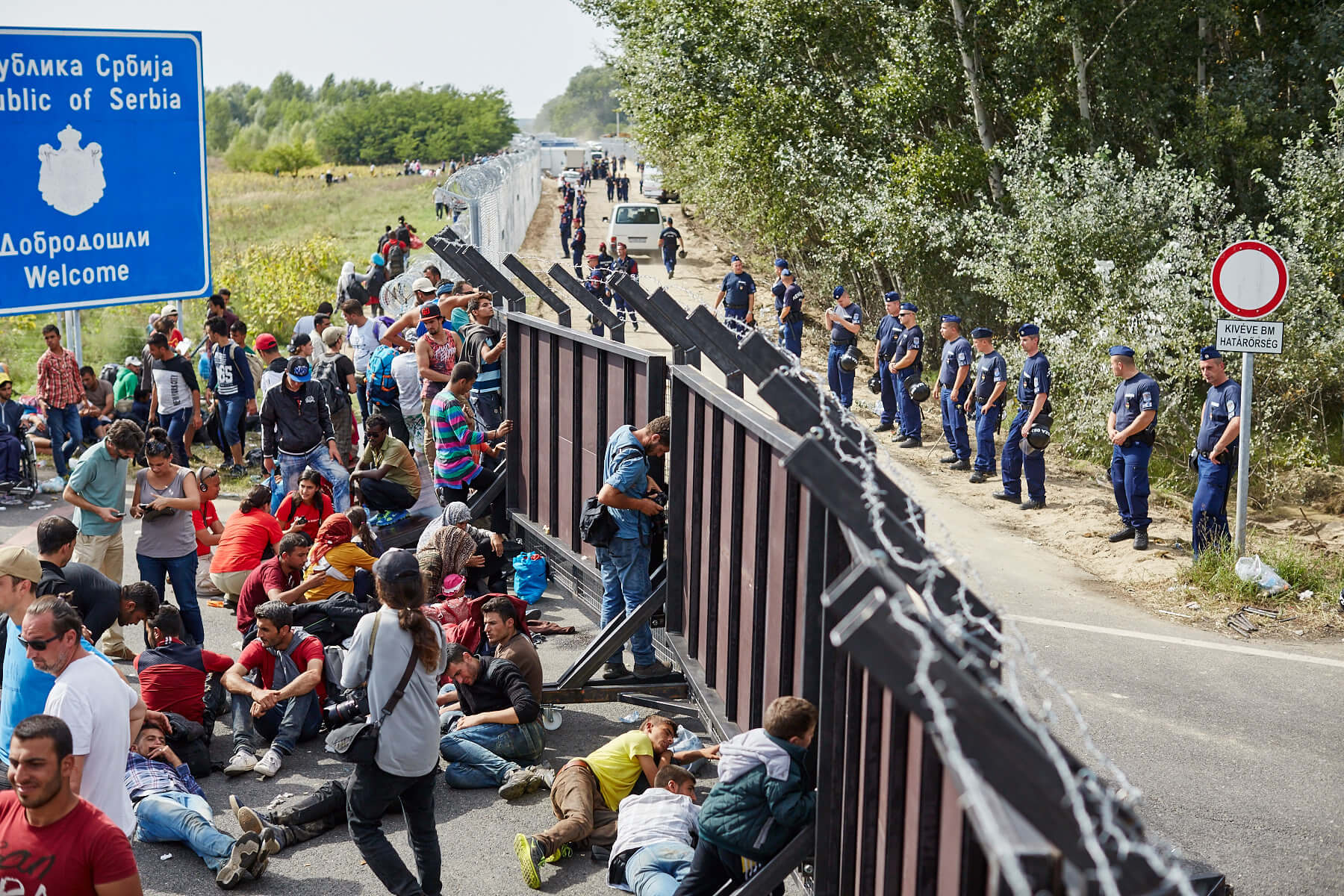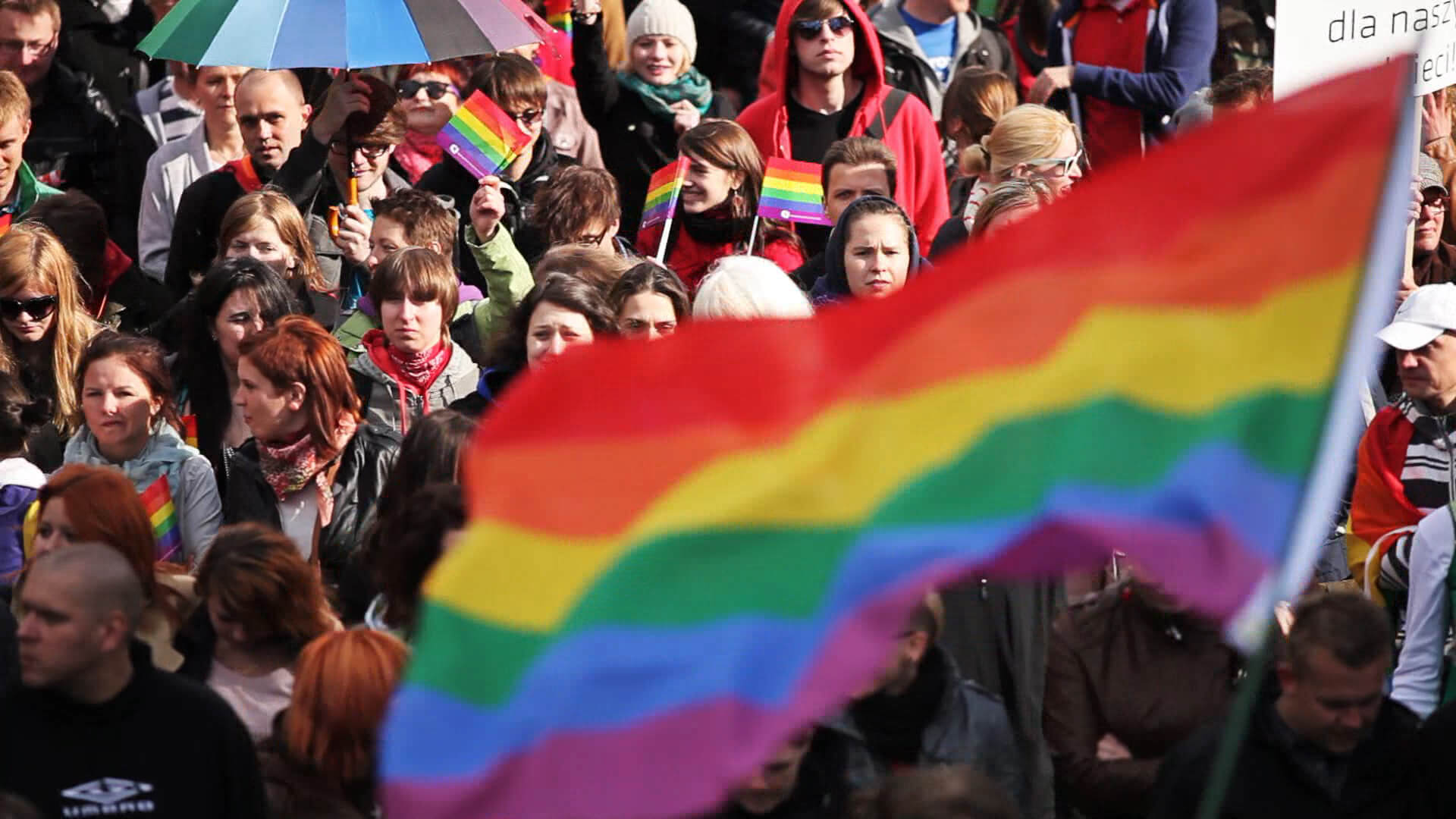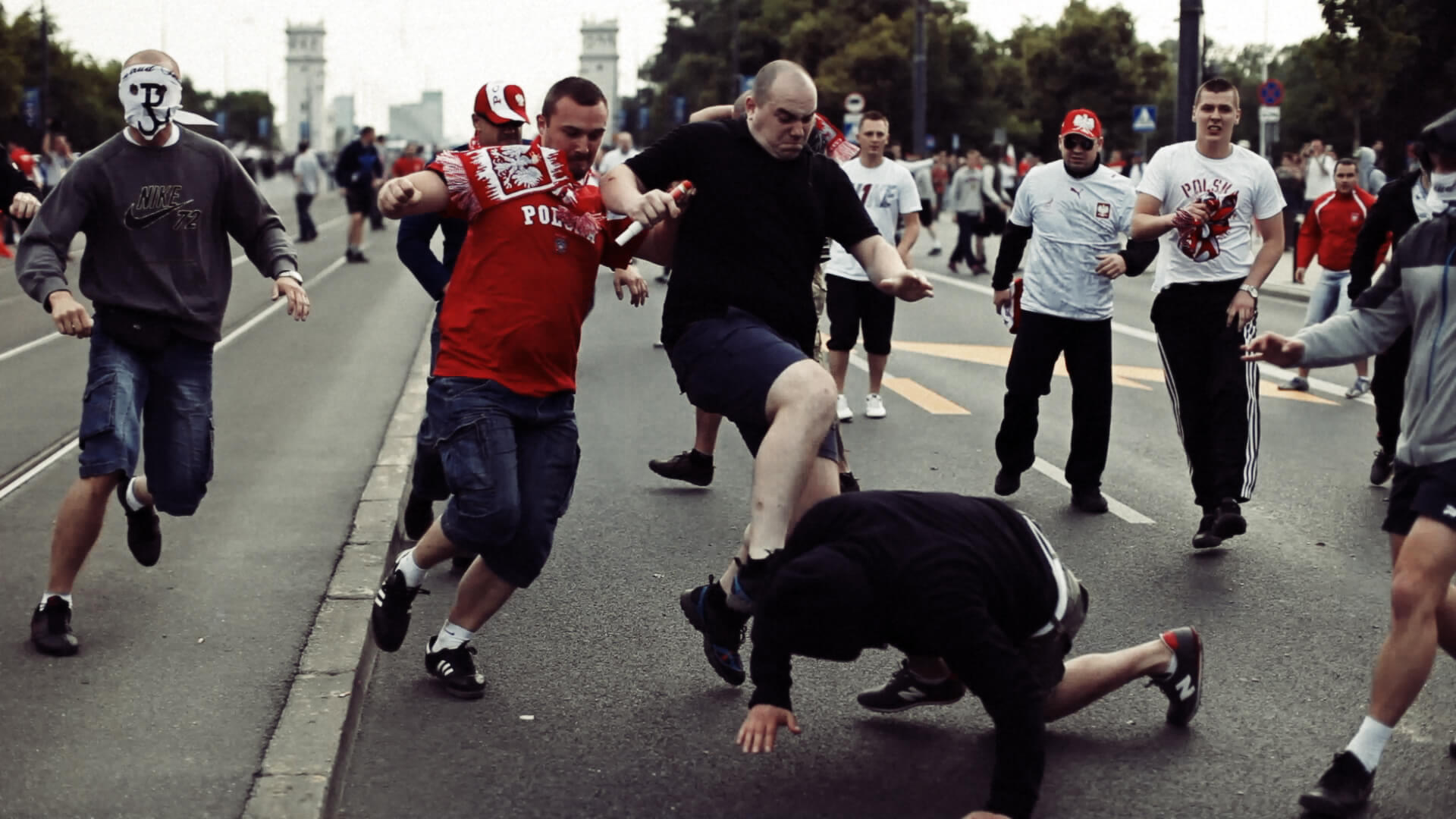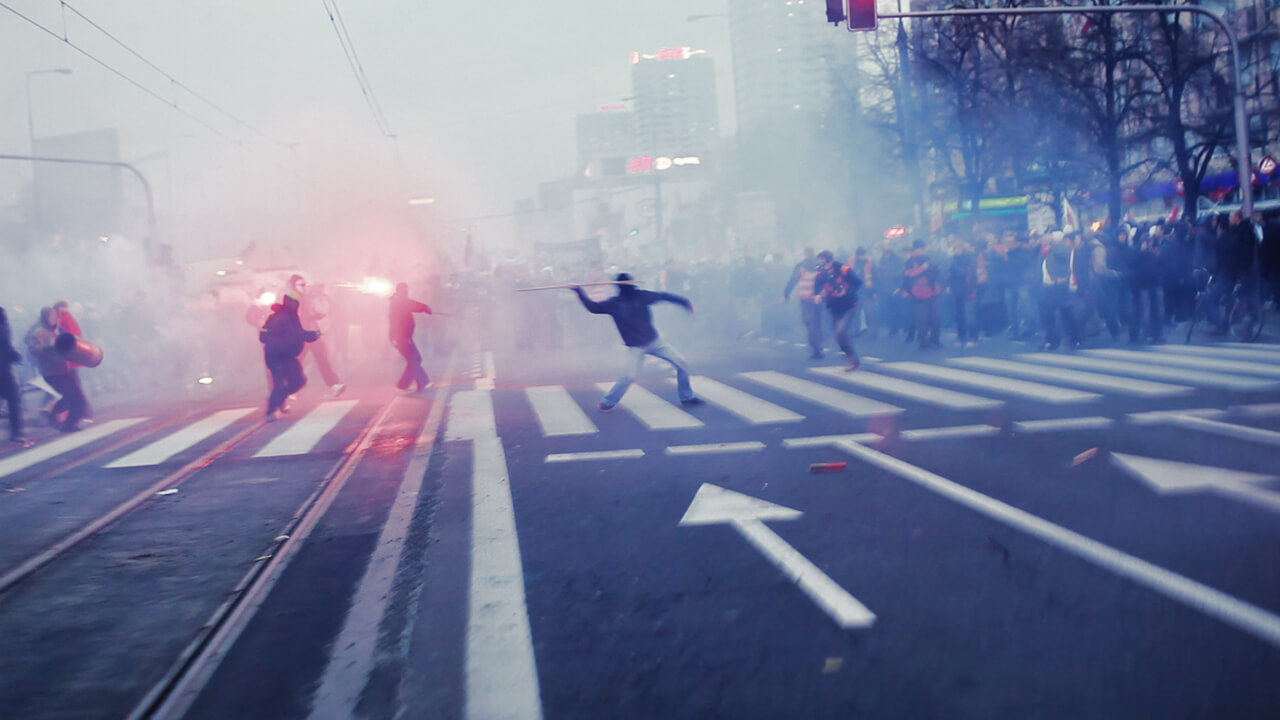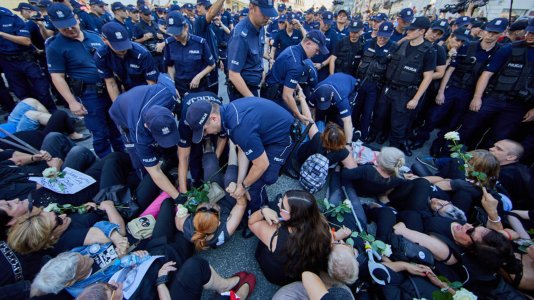The Polish-Belarus border has become a focal point of a burgeoning humanitarian crisis, drawing global attention as refugees find themselves trapped in a perilous situation. What started as a political standoff between the European Union (EU) and Belarus has evolved into a dire situation at the border, with vulnerable individuals bearing the brunt of the escalating tensions.
The crisis began in 2021 when Belarus, under President Alexander Lukashenko, allegedly encouraged refugees, to cross into the EU through the Polish border. This move has strained relations between Belarus and the EU, leading to a multifaceted crisis that has human rights organisations deeply concerned.
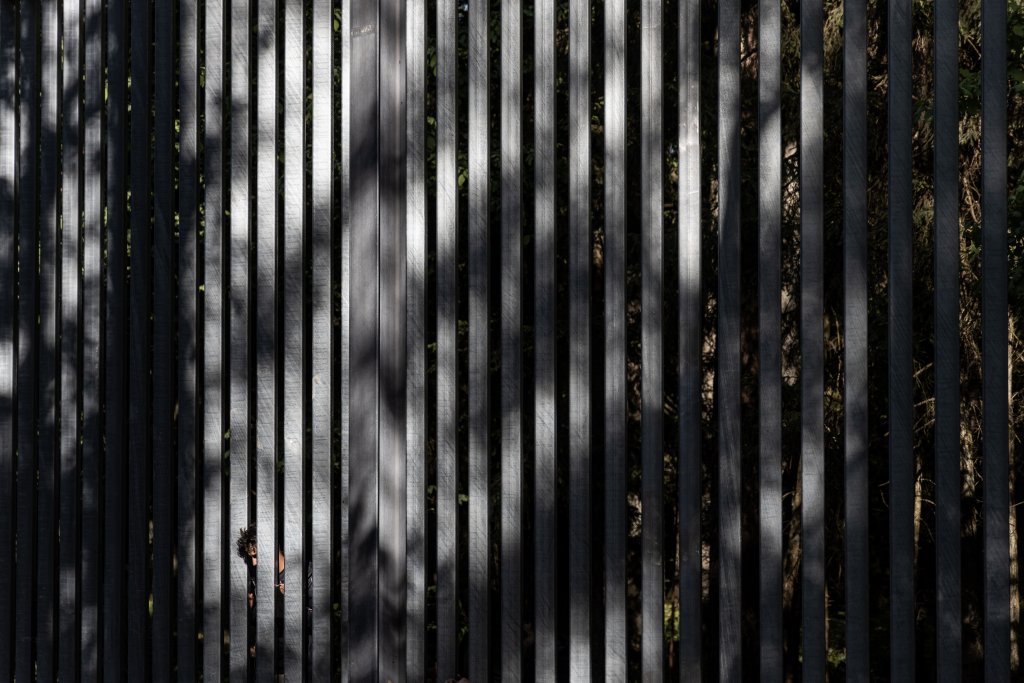
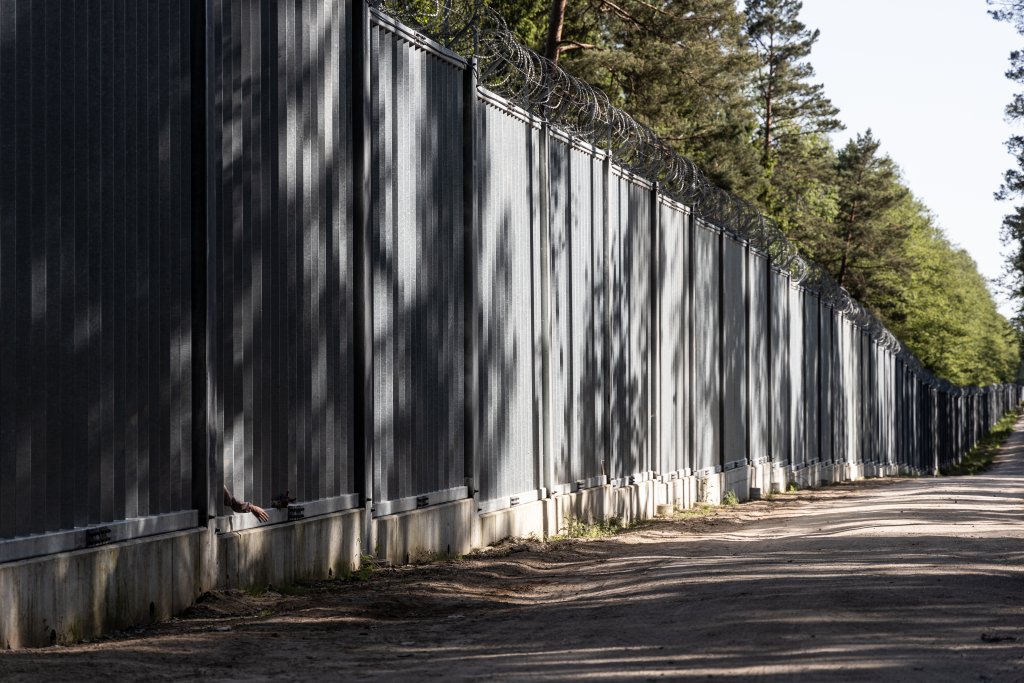
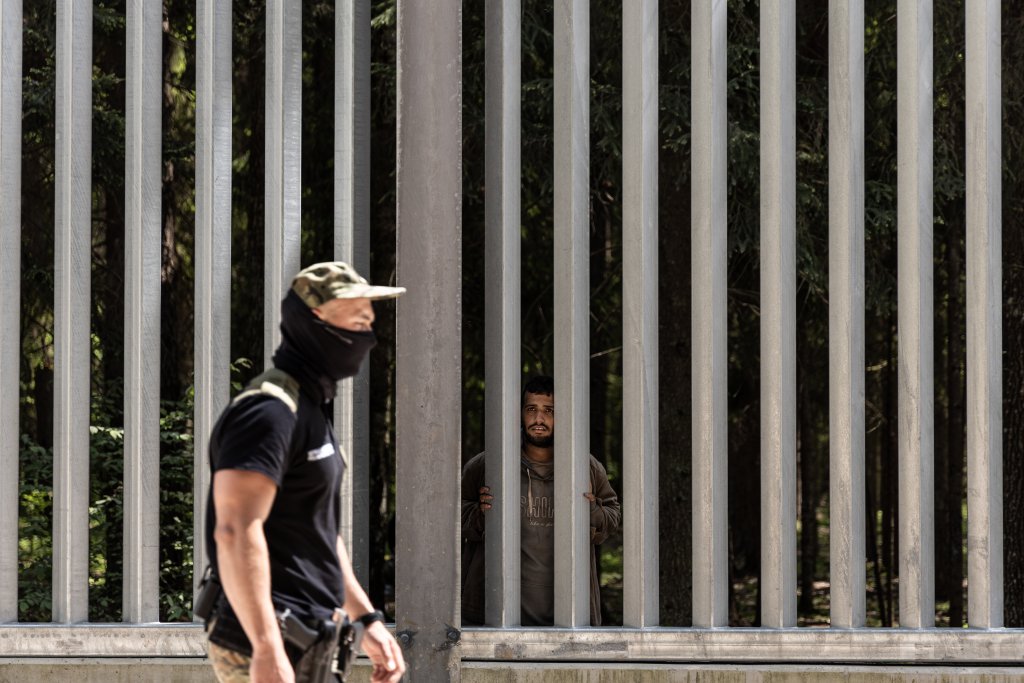
As winter takes hold, the conditions for the refugees stranded at the Polish-Belarus border have worsened. Thousands face harsh weather conditions, inadequate shelter, and a scarcity of essential resources. Reports of violence and human rights abuses have only added to the urgency of the situation, creating a perfect storm of desperation and despair.
Poland, an EU member state, has responded by fortifying its border security to prevent illegal crossings. The government contends that it is safeguarding its sovereignty and the EU’s external borders. However, this approach has been met with criticism from human rights organizations, urging a more compassionate response that prioritizes the welfare of those in need.
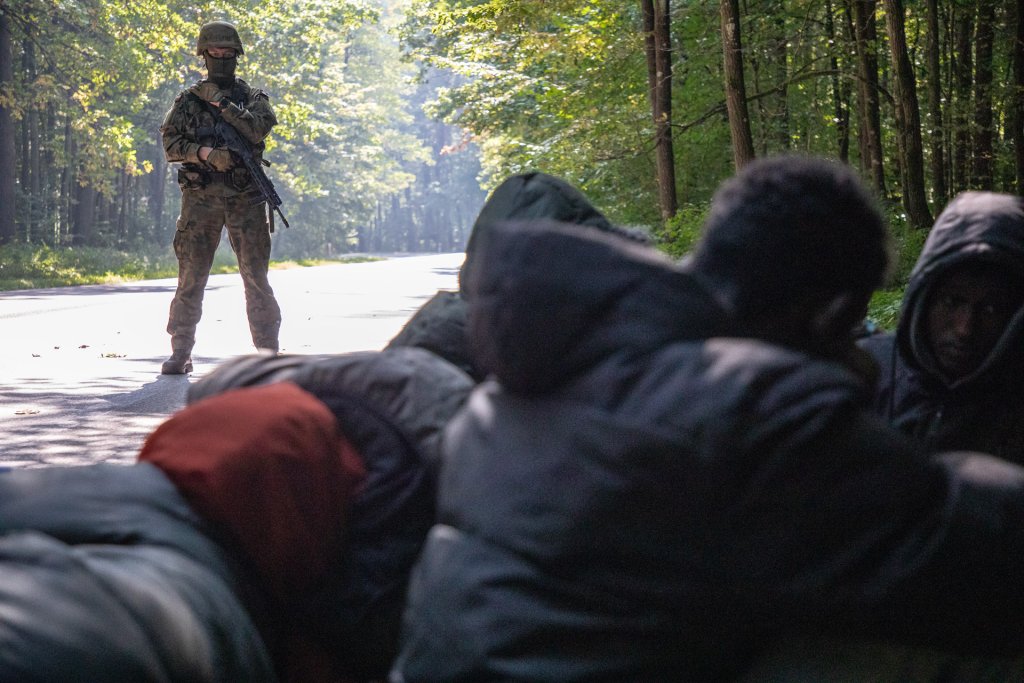
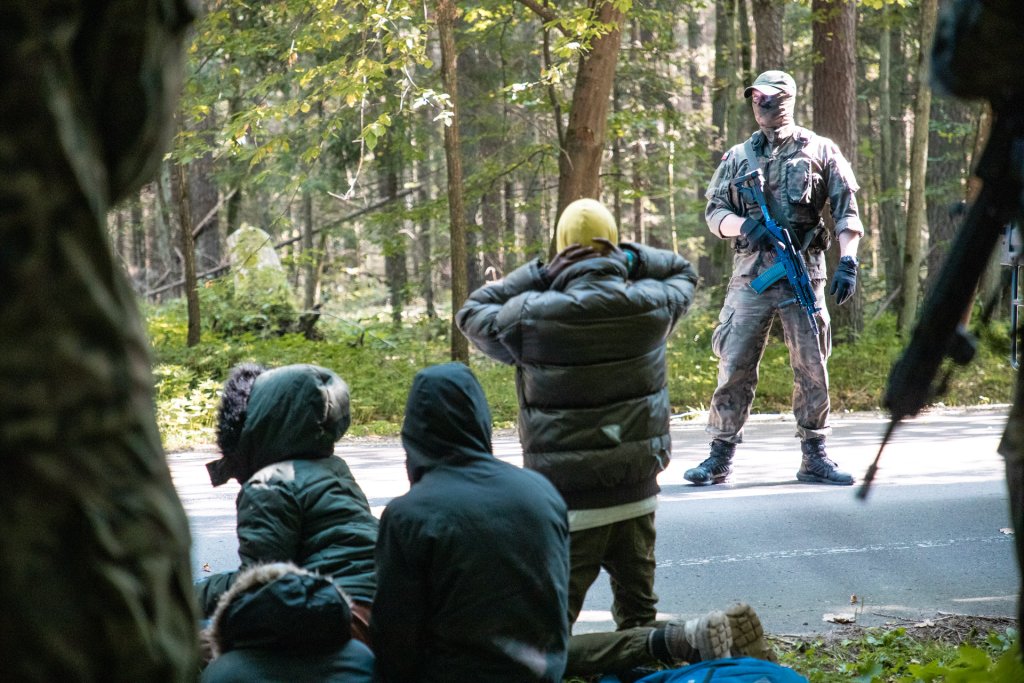
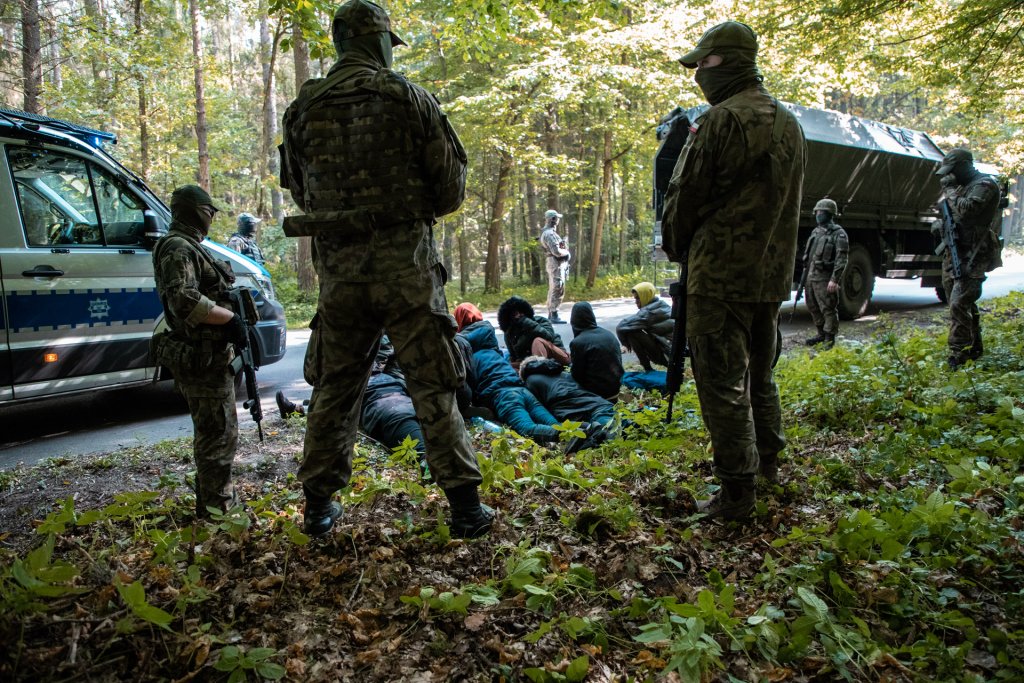
The international community has condemned Belarus for its alleged role in exacerbating the crisis, with the EU pledging support to Poland. Simultaneously, calls for a diplomatic resolution to the political tensions between Belarus and the EU have intensified. The United Nations High Commissioner for Refugees (UNHCR) has emphasized the need for a collective and humanitarian approach to address the dire situation.















